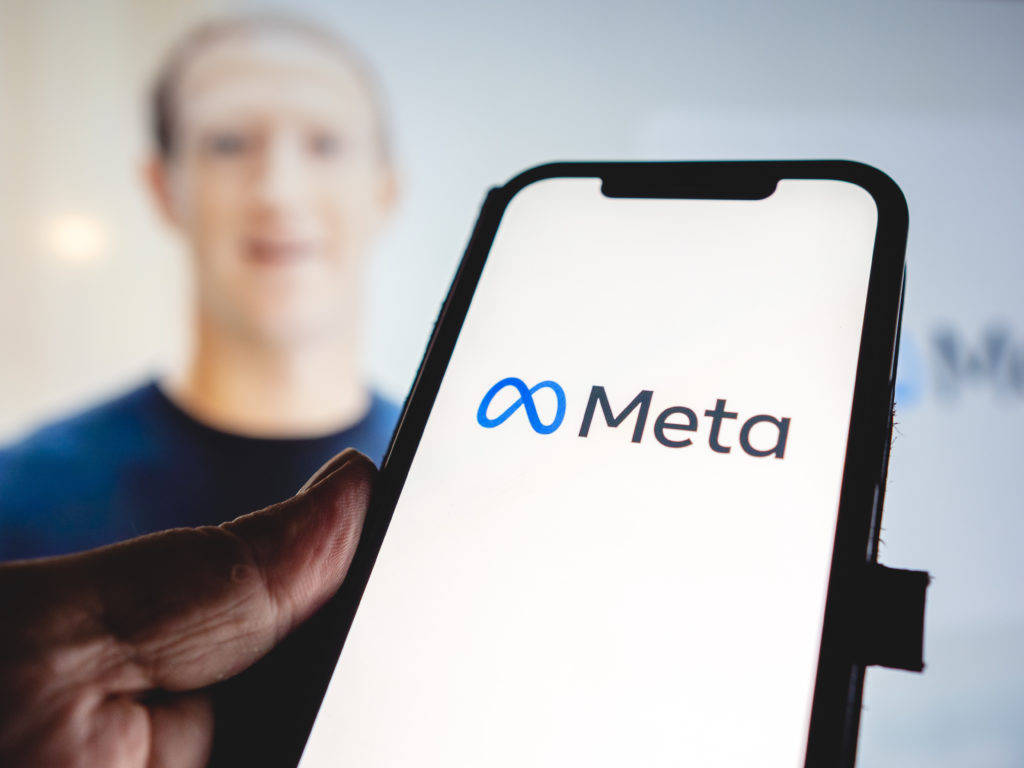
Just weeks after Meta (f/k/a Facebook) announced plans to build the 3D world known as the metaverse, it’s already hitting obstacles.
1. Meta’s Antitrust Obstacles
The U.S. Federal Trade Commission is scrutinizing Meta’s planned acquisition of VR fitness app Supernatural, according to a new report by The Information.
Meta announced the deal with the developer of Supernatural, LA-based Within studio, in October. In the meantime, he FTC is seeking to unwind Meta’s acquisition of both Instagram and WhatsApp on antitrust grounds. The agency originally permitted the Instagram and WhatsApp acquisitions. Meta’s other acquisitions in the VR space have been permitted or not received scrutiny.
However, the scrutiny of the Supernatural/Within deal could block the transaction. It also could lead to its approval only under certain conditions or, at a minimum, delay its closing.
As noted previously, if regulators block Meta’s ability to acquire missing pieces of the metaverse platform, Meta will have to build these pieces organically. This may put it at a disadvantage relative to competitors.
2. Groping in the Metaverse
A beta tester in Meta’s virtual reality social media platform, Horizon Worlds, reported that she had been groped by a stranger, according to the MIT Technology Review.
“Sexual harassment is no joke on the regular internet, but being in VR adds another layer that makes the event more intense,” the beta tester wrote according to an article in The Verge. “Not only was I groped last night, but there were other people there who supported this behavior which made me feel isolated in the Plaza (a central gathering place in Horizon Worlds).”
Meta conducted a review of the incident. The review concluded that the tester could have blocked the attacker using a safety feature. A Meta executive said the company may make the feature more readily accessible to users.
3. Ownership of the Metaverse
Shortly after Facebook announced its name change to Meta and its focus on building the metaverse, an Australian artist and technologist found herself locked out of her Instagram account @metaverse.
Thea-Mai Baumann had posted years of her work on Instagram and initial efforts to recover her access were unsuccessful. Eventually, though, after negative publicity spread, Instagram restored Baumann’s account.
But the incident highlights Meta’s power to lay claim to the metaverse. Many hope the platform will have decentralized control.
But Meta’s intentions are clearly different. Meta filed an application to register the trademark Meta in the U.S. that is impressive for its scope. The nearly 17,000-word application seeks exclusive rights to use the term for everything from “organizing, promoting and conducting exhibitions, tradeshows and events for business purposes” to search engine and artificial intelligence software, according to an article on Gamesindustry.biz.
If the Patent & Trademark Office approves the trademark registration, the question will be how aggressively Meta will police its rights. Will it pursue others who use the term “meta?” Will Meta try to stop others who use the term metaverse commercially?
These are some of the obstacles Meta will have to overcome to achieve its goal of building the metaverse.